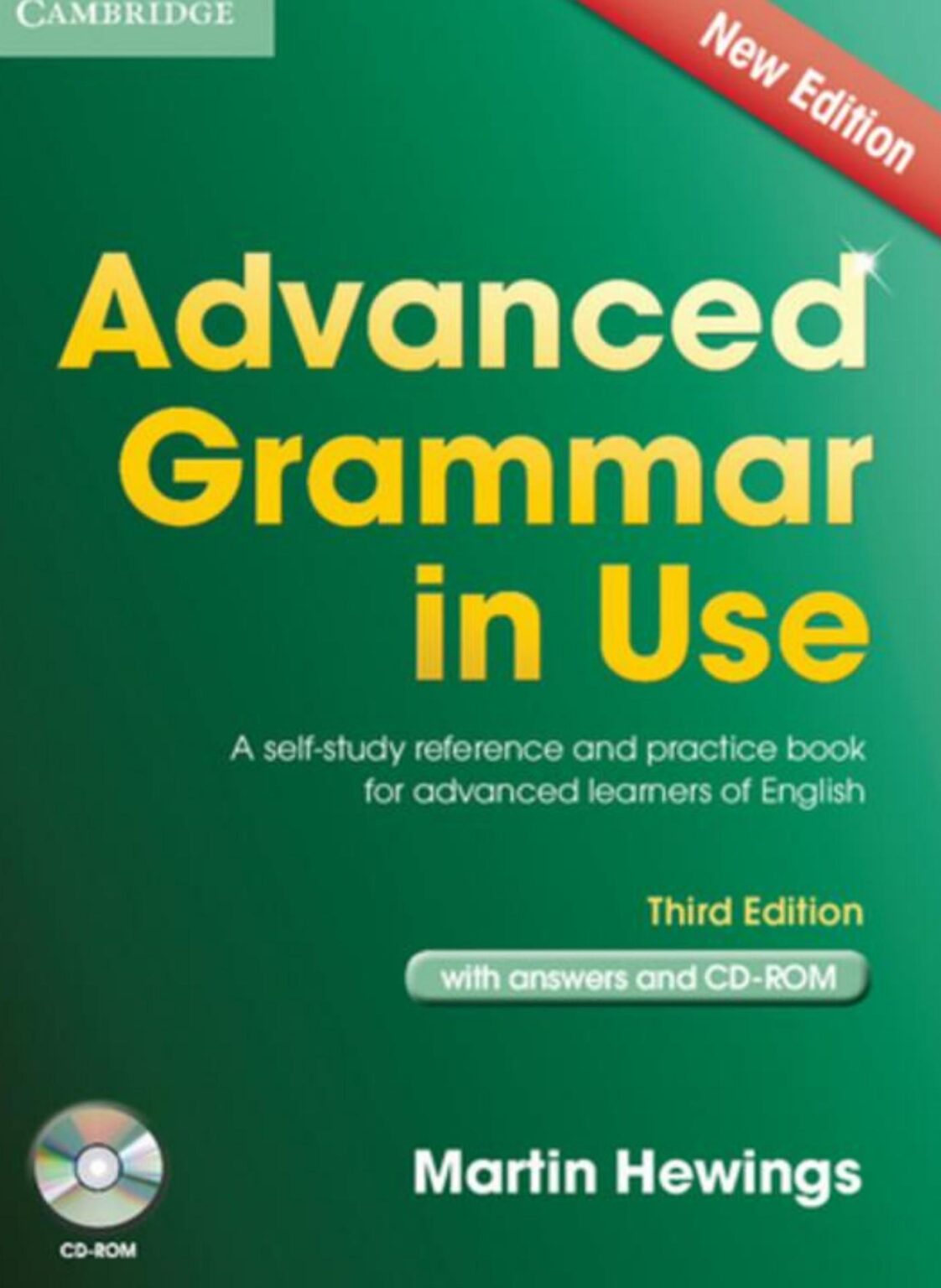Burundi’s Contested Election Victory: Unpacking the Political Turmoil and Calls for Reform
In a highly charged political atmosphere, Burundi’s ruling party has proclaimed success in the latest elections, a declaration that has been met with fierce opposition claims of electoral fraud. The East African nation finds itself at a crossroads as allegations of vote manipulation, voter intimidation, and suppression of dissent dominate public discourse. This article explores the opposition’s response, international reactions, and what these developments mean for Burundi’s fragile democratic future.
Opposition Voices Alarm Over Electoral Fairness Amidst Ruling Party’s Win
The announcement by Burundi’s ruling party claiming electoral victory has triggered strong denunciations from opposition leaders who question the legitimacy of the entire process. They highlight numerous irregularities that allegedly compromised free and fair elections—ranging from restricted access to polling stations to coercive tactics aimed at silencing dissenting voters.
Main grievances cited by opposition groups include:
- Discrepancies in reported voter turnout statistics across various regions.
- Instances of fraudulent voter registrations coupled with ballot stuffing accusations.
- A media landscape heavily skewed in favor of incumbents, limiting balanced coverage.
- Documented cases of violence targeting supporters aligned with opposition parties during campaigning periods.
The mounting discontent has sparked widespread demonstrations demanding impartial investigations into these claims to restore trust in Burundi’s electoral framework. Human rights organizations have echoed these concerns while urging global actors to maintain vigilant oversight over ongoing political developments.
The International Community Responds
Global observers have called for enhanced transparency measures ahead of future polls. Opposition figures emphasize:
- The necessity for robust international election monitoring missions equipped with full access rights.
- The implementation of safeguards designed to prevent manipulation or coercion within voting processes.
- A constructive dialogue platform addressing systemic issues undermining democratic governance in Burundi.
This convergence highlights how tenuous democracy remains within the country—posing significant challenges not only domestically but also affecting regional stability across East Africa amid ongoing efforts toward political reform and peacebuilding initiatives supported by entities such as the African Union (AU) and United Nations (UN).
Diving Deeper: Voting Trends and Reported Anomalies During Elections
An examination into recent election data reveals patterns suggestive of irregularities that warrant further scrutiny. Opposition parties report widespread intimidation tactics aimed at discouraging their supporters from casting ballots freely alongside allegations involving ballot box tampering and inaccuracies within voter registries maintained by local authorities.
A comparative analysis between official turnout figures versus actual votes cast raises red flags about result authenticity. For example, several districts showed unexpectedly high percentages favoring ruling party candidates despite historically competitive races where opposition presence was stronger previously.
Below is an overview illustrating key discrepancies observed:
| Region | % Votes for Ruling Party | % Votes for Opposition | Reported Voter Turnout (%) |
|---|---|---|---|
| Bujumbura Mairie | 91% | 4% | 78% |
| Kayanza Province | 87% | 9% | 74% |
| Cibitoke Province | 89% td >< td >7% td >< td >73% td > tr > tbody > table > Paving The Way Forward: Strategies To Bolster Democratic Integrity In BurundiTo nurture a more transparent democratic environment moving forward requires concerted efforts among all stakeholders including government officials, civil society actors,and international partners.The following recommendations aim at reinforcing electoral credibility while promoting inclusive governance: p >
|

